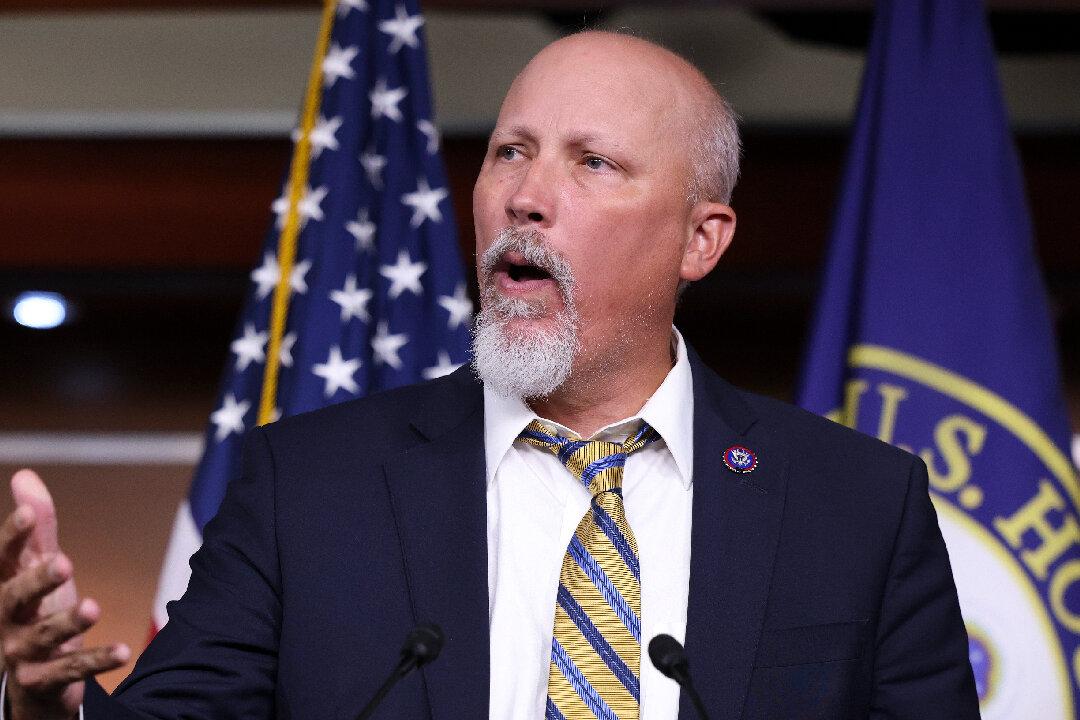A group of Republicans led by Rep. Chip Roy (R-Texas) is set to introduce a bill aimed at bringing manufacturing back to the United States and restoring economic independence from China.
Despite rising political tensions between the world’s top two economic powers, U.S. trade with China has steadily grown, setting a new record last year.





